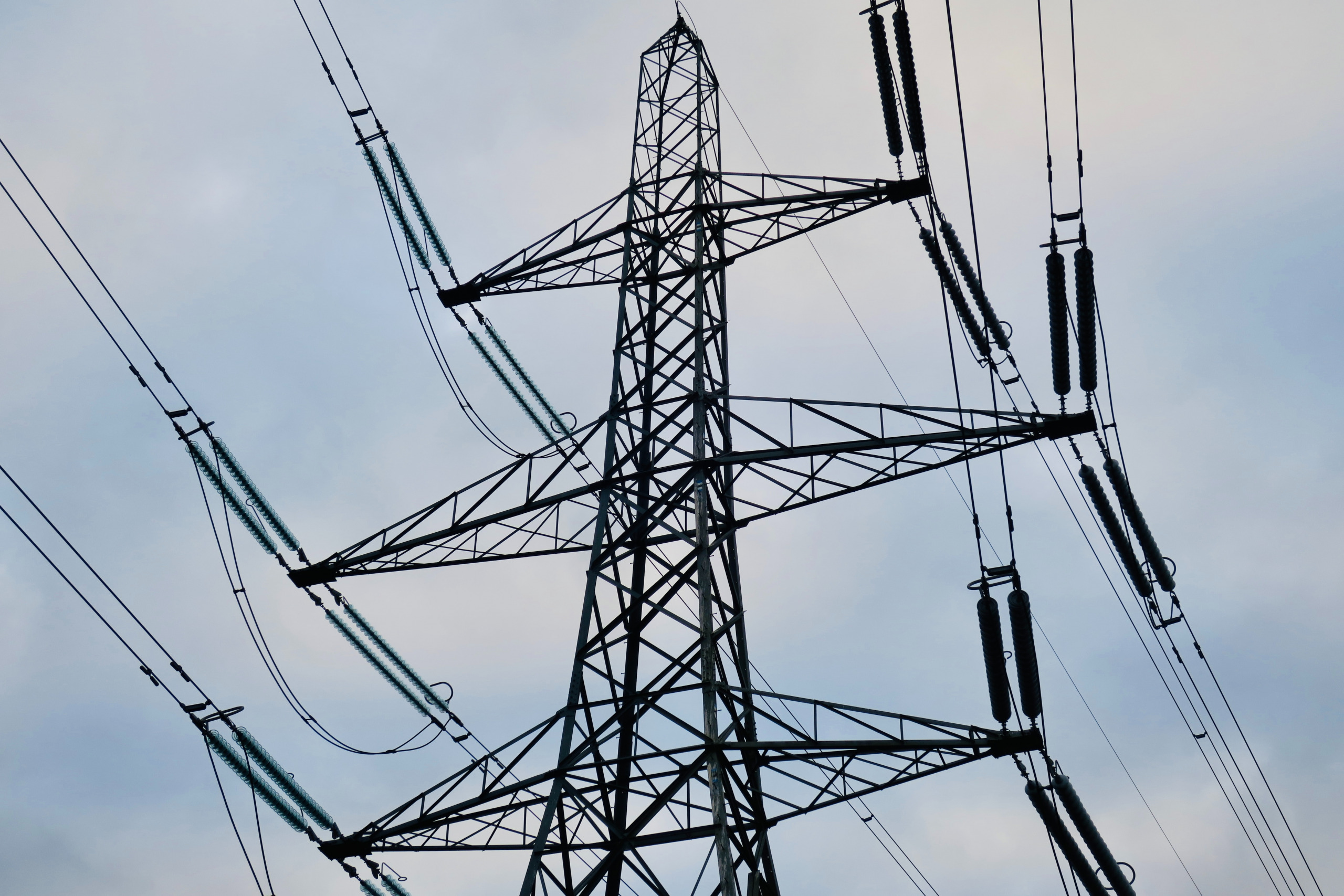It’s now patently obvious that the UK’s privatised national energy grid is not fit for purpose, and nowhere near where it should be to support the transition to green energy. For some privileged people like Prime Minister Rishi Sunak, the lack of capacity can be overcome – he has paid tens of thousands of pounds to upgrade the grid near his home to heat his personal swimming pool.
However it’s a very different story for Scottish businesses and domestic consumers. They are left paying the highest energy bills in the world – which show little sign of coming down. They are very far from being able to experience the benefits of living in a country which is so rich in energy potential.
This situation is a national scandal argued an industry professional in the Scottish Farmer recently. Farms across Scotland are being denied permission to build renewable energy facilities to reduce their crippling costs – even if they agree not to export cheap power back to the grid!
“A large commercial system for an agricultural supply business was advised that it could not be connected until 2032. This organisation’s electricity bill has quadrupled since last year and the proposed system would immediately reduce their reliance on the grid by 45%”, James Storry, manager of the construction firm Emtec recently wrote. Why is it
two other farms have been refused permission to create the renewable supply they wanted – even though they were happy to use all the power themselves and not to push any back to the grid. A concerned Storry believes: “Urgent action is required, but I am afraid we will not get it unless grid capacity is recognised as the national scandal that it is.”
Many large-scale Scottish developers are being told that it will be decades before they can connect new projects, if at all. And to add insult to injury If they do get permission, then they are charged ten times yes ten times what English suppliers have to pay to connect to the grid. So everyone in Scotland is paying the price for National grid’s inability to provide access to the grid.
A staggering £9 billion for shareholders
Instead of investing in vital infrastructure, the largest private company involved, National Grid, has poured money into shareholder dividends and share buybacks – a staggering £9 Billion in the last five years.
If Scotland were independent it could develop, control and regulate its own publicly-owned grid, with public interest, not profit, at its core. This would help make green, affordable energy available to Scottish businesses and consumers. Scotland could export green energy to England and to Europe, providing a further financial benefit.
The National Grid is the main barrier to a transition away from carbon
Marlon Dey, head of research for the UK and Ireland at Aurora Energy Research told the Financial Times recently that the UK’s national grid is the main barrier to transition to net zero. “There is only one solution and that is to physically reinforce and build more grid,” Dey says. “And if you can’t do that quickly enough, then you can’t build the renewable power we need and can’t get away from fossil fuels fast enough. decarbonise fast enough
Professor David Ingram warned in evidence he submitted to the House of Commons that huge investment would be needed in grid infrastructure if the UK was serious about moving away from carbon. But that has not happened: “The grid is weak – it has a limited capacity – in many of the peripheral areas where there are significant renewable resources. This is especially true of the Scottish islands”.
For example, Orkney’s powerful wind turbines constantly have to be turned off when they could be operating at maximum capacity and creating very cheap power. Ingram explained: “The existing transmission grid was designed to take power from coal fields and export it to London and Birmingham”. It is still pretty much in that configuration today.
National Grid has for many years stuck with an outdated view that energy should be created near population centres – although thanks to new technology very little energy should be lost in moving power from one area to another.
National Grid has used this outdated view to justify failing to invest in Scotland’s grid and charging ten times more for Scottish suppliers to connect. The Scottish Government has been demanding a level playing field for Scottish renewable providers for many years but that has fallen on deaf ears.
Other countries have prioritized grid development in zones with high green energy potential. But the UK did not choose to do that.
So, for example, after the ScotWind auction for the right to build offshore wind in Scottish waters, potential developers were disappointed to hear that only a fraction of the suggested projects will be connected within the next 10 to 15 years.
Only with independence can Scotland change this situation and invest in this vital infrastructure that holds the key to moving away from carbon to Scotland’s cheap and plentiful renewable energy.






Leave A Comment